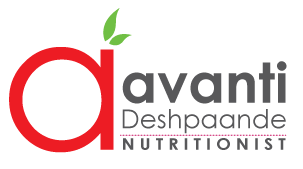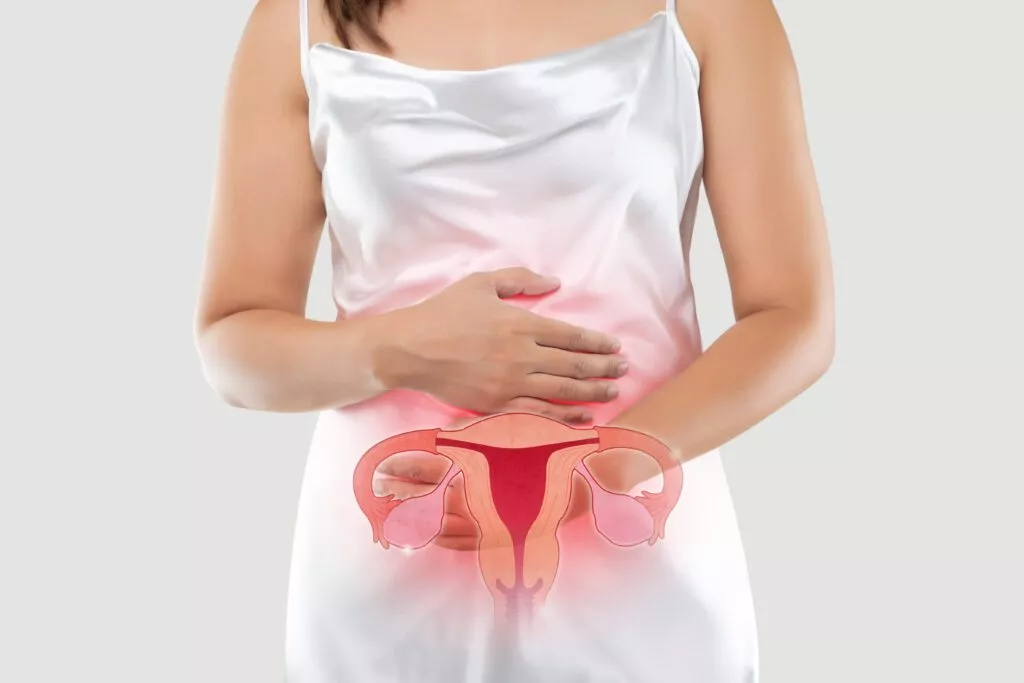
Following are some ways which can be practiced which will facilitate the conception process:
- Weight loss: Research has shown that women who are obese and overweight may tend to have decreased estrogen levels than that of the normal BMI. As estrogen is responsible for triggering ovulation, low levels may cause infertility. Weight loss can be achieved through proper diet and exercise.
- Lowering Insulin resistance: IR is another obesity- related condition that can disrupt the ovulation too. Increased weight can lead to Insulin Resistance. “Abnormally high insulin levels cross-react with Insulin and IGF(Insulin like growth factor) on ovary, leading to androgen overproduction” (Kursad Unluhizarci et al. , World Journal of Diabetes).
- Decreasing androgen excess : Improving Insulin resistance and enhancing the sensitivity can decrease the testosterone levels thus increasing the chance of ovulation and eventually of getting pregnant.
- Exercise: It enhances the glucose uptake by muscles, decreases hyperinsulinemia thereby decreasing the testosterone levels and increasing the chances of getting pregnant.
- Fertility friendly nutrients:
- Complex carbohydrates like whole grains and Millets are high-fiber low-GI (Glycemic Index) foods which raises the blood sugar slowly and steadily and prevents their spike.‘Millets’ serve an extra advantage as they are low in GI than other cereals and the essential amino acid profile of the millet protein is better than various cereals.
- Good quality protein and low fat dairy products-As they have an insulinotropic effect which indeed enhances insulin sensitivity and glucose clearance from the blood.
- Foods rich in antioxidants and flavonoids as they not only reduce oxidative stress and Insulin Resistance in PCOS patients but also improve ovarian environment, reduce androgen levels, and promote follicular maturation.Sources include oranges, papaya, prunes, berries, tomatoes, raisins, plums, etc.
- Probiotics are living microbial dietary supplements found in dairy products.It is beneficial against inflammatory processes that affect insulin receptor function and androgen biosynthesis.
- Myo-Inositol is found in the follicle-stimulating hormone (FSH) signaling mechanism ,enhances Insulin sensitivity, and inhibits insulin-associated androgen synthesis. Sources include dried prunes, beans, citrus fruits,almonds etc.
- Vitamin D: Research has shown that it increases the first phase of insulin secretion and also inhibits inflammatory reactions. It also plays a vital role in folliculogenesis by decreasing the elevated anti-mullerian hormone levels.
- Selenium is an effective essential element against oxidative stress and is required for the embryonic gonadal development and function of reproductive tissues. (Mirone M. et al)
- Zinc helps support progesterone production. Healthy progesterone levels are essential for becoming pregnant and maintaining a healthy pregnancy.
- N-acetyl-L-cysteine (NAC) alters hyperandrogenism, hyperinsulinemia, and menstrual cyclicity in women with PCOS. Sources include Lentils, Oats, yoghurt, lean meat, eggs, sunflower seeds etc.
- Researches have shown that Omega 3 fatty acid consumption leads to decreased testosterone levels. For this, the concept of Seed Cycling can be practiced.
The seeds should be consumed in raw form, without roasting, sun-drying, or grinding.
Seed cycling balances the two main hormones affecting pregnancy (Progesterone and Estrogen) and as a result, the chances of conceiving naturally are increased.
Some herbs that can help you get pregnant:
- Asparagus or Shatavari: It is considered as the female reproductive tonic due to the phytoestrogens present in them which mimics the estrogen and thus causes ovulation in the women with PCOS.
- Agnus castus (chasteberry) or Nirgundi balances the reproductive hormones and also regulates the menstrual cycle thus increasing the chances of getting pregnant.
- Black Snakeroot or Sarpagandha also aids in improving the fertility in women with PCOS.It stimulates the ovaries and boosts ovulation which further facilitates the conception process.

In conclusion, discussing PCOS with your doctor can help you better understand your condition and take proactive steps to manage your symptoms. By asking the right questions, you can work with your doctor to develop a treatment plan that works best for you. Remember to be honest and open with your doctor about your symptoms, concerns, and goals. With the right information and support, you can successfully manage your PCOS and live a healthy, fulfilling life.
Here are some other Blogs that you should check

Foods to increase the breast milk
Breastfeeding is an extremely crucial period for both mother and baby. It provides the baby with essential nutrients and antibodies while helping the mother bond

How to improve Hemoglobin during Pregnancy
Pregnancy is a time of profound change in a woman’s body, with various physiological adjustments necessary to support the growing fetus. One crucial aspect of

Top 10 Mistakes in Weight Loss and Intermittent Fasting.
There is a lot of talk about Intermittent fasting these days. Intermittent fasting has become a popular and effective strategy for many people aiming to

How to Balance Hormones for Weight loss
When it comes to weight loss, most people often focus on diet and exercise. They meticulously count calories, track macros, and spend hours at the

Difference between PCOS & PCOD
Polycystic Ovarian Syndrome (PCOS) and Polycystic Ovary Disease (PCOD) are two terms often used interchangeably, but they represent distinct conditions with unique characteristics. While they

Role of Antioxidants in Gut Health
In our body’s complex system, the gut plays a central role in orchestrating various functions essential for overall health. Recent breakthroughs in scientific research have

